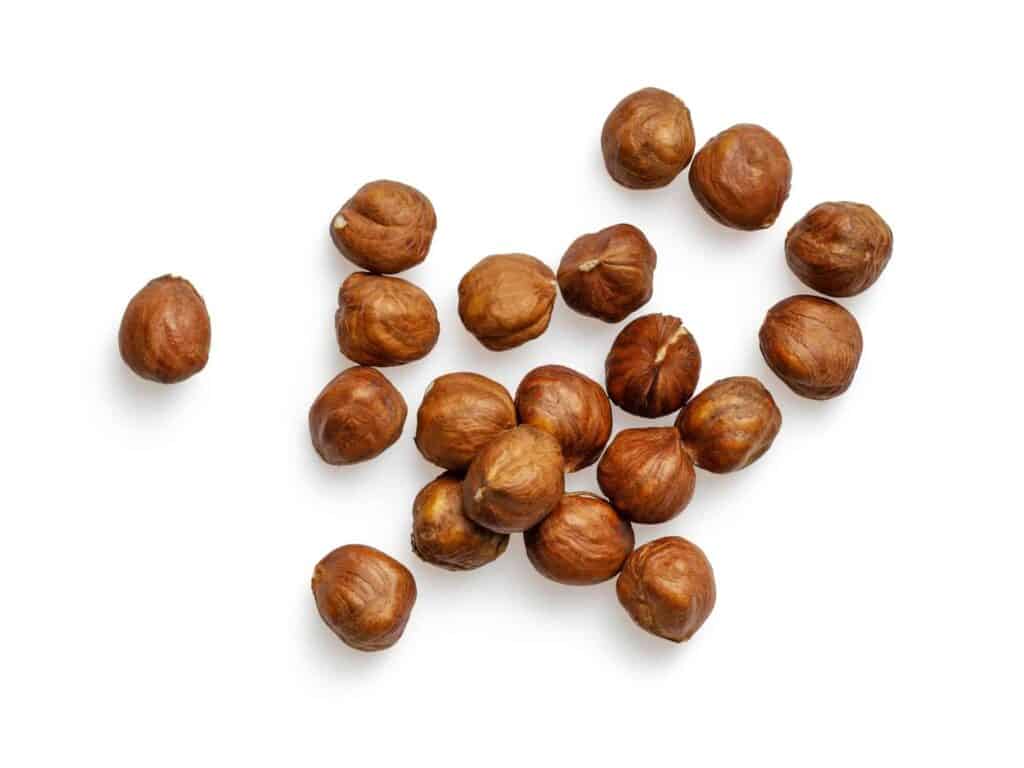In days gone by, the chances are you, or your grandparents, added salt to food. It was taken as granted that you needed to salt the peas or potatoes as you cooked, then even add a sprinkle more when you came to eat it, as salt is renowned for adding taste.
But research into salt has become much more advanced and now there’s evidence that it can be harmful if you have too much.
So do we really need salt at all and how much should our children be having?
Salt and Sodium
The official name for salt is sodium chloride and it’s the sodium in salt that can be detrimental for health.
Food labelling can be confusing, because sometimes it lists sodium and sometimes salt, so you have to be aware and look for both.
You might need to do a bit of maths when you’re working out how much salt or sodium is in foods. Salt is equal to sodium x2.5.
If labels only have the amount of sodium listed, you can work out the amount of salt by multiplying the sodium by 2.5. For example, 1.2g of sodium is 3g of salt.
Why is Too Much Salt Harmful?
Salt can have a range of detrimental effects on our health, which is why we’re recommended to avoid eating too much. The main health concerns are that salt can:
- Increase blood pressure.
- Triple the risk of developing heart disease.
- Triple the risk of having a stroke.
All of these health issues can be developed at any age, so it’s important to eat salt sensibly from childhood.
How Much Salt Should Babies Have?
Babies only need a tiny amount of salt, as their kidneys can’t cope with larger amounts. Experts say this is less than 1g a day until they’re one year old.
Breast milk contains a small amount of salt, so babies fed this way will get the right amount of salt. Likewise, infant formulas also contain a tiny amount of salt.
What you do need to remember is not add salt to any food that you’re making for your baby. Also, be careful when you’re buying or using ready made or processed baby foods.
Some of the products that can be particularly high in salt include pasta sauces and cereals.
How Much Salt Should Children Have?
The amount of salt children can safely have depends on their age. The daily recommended maximum doses are as follows:
- Ages 1 to 3 years – 2g of salt per day (which is equal to 0.8g sodium)
- Ages 4 to 6 years – 3g of salt per day (equal to 1.2g of sodium)
- Ages 7 to 12 years – 5g of salt per day (equal to 2g sodium)
- Ages 11+ – 6g of salt per day (equal to 2.5g sodium).
So Is Salt Necessary?
There are a lot of myths flying around about salt but, despite the pleas of previous generations that you need salt to flavour food and get it to taste better, this really isn’t the case.
There are plenty of other ways of flavouring foods, such as using herbs and spices, and these provide a much safer and varied approach.
As parents, it’s important to educate children and help them develop healthy habits early in life.
So don’t use too much salt and bring them up salt aware, and they reap the benefits of better health in later life.


